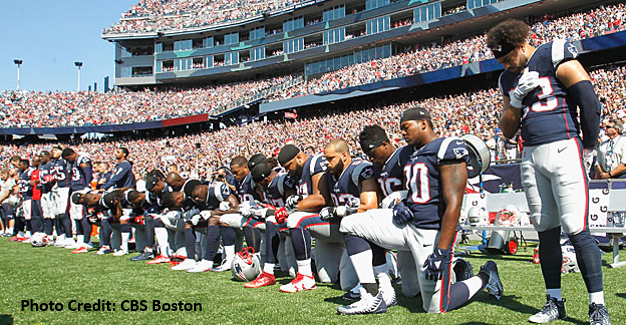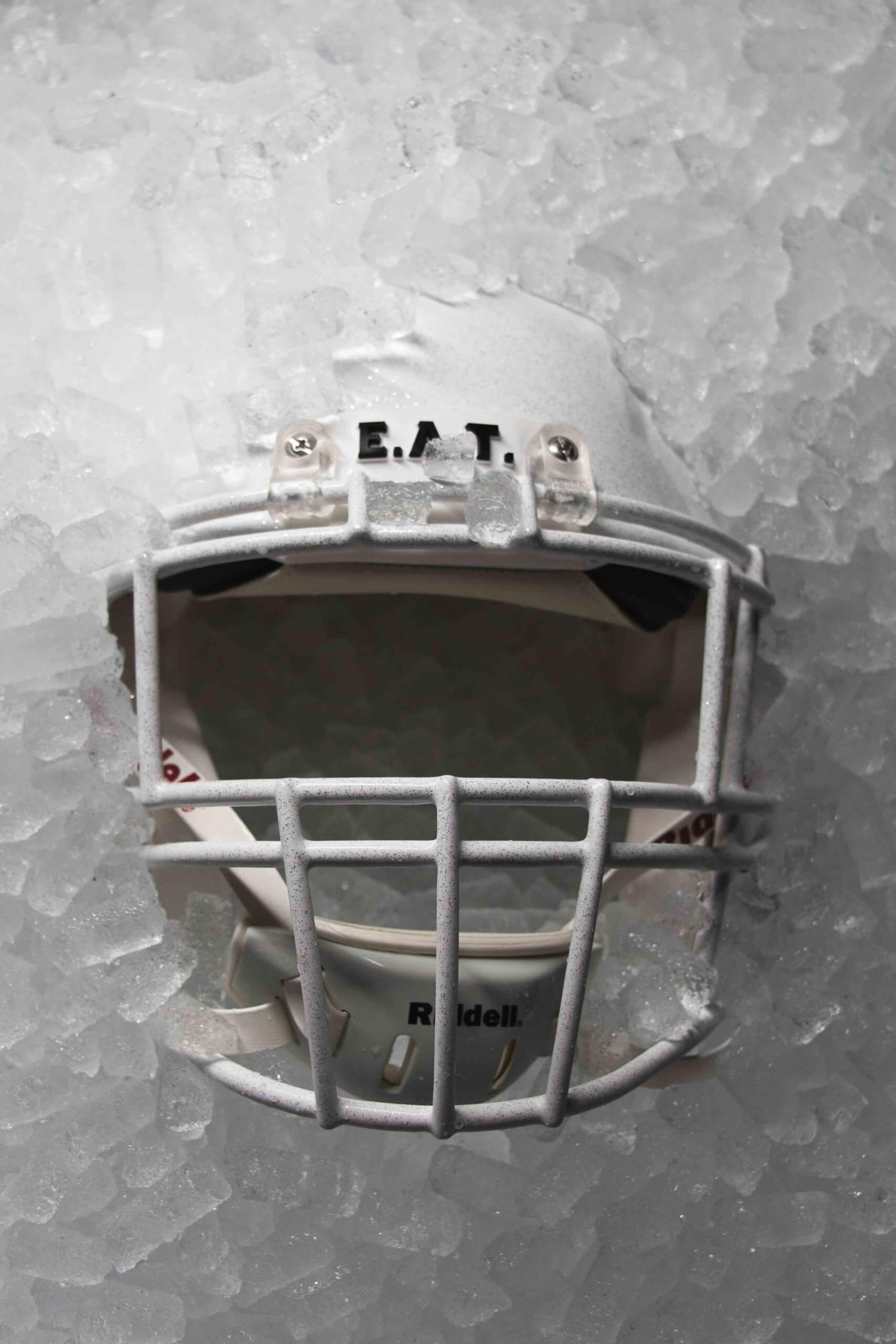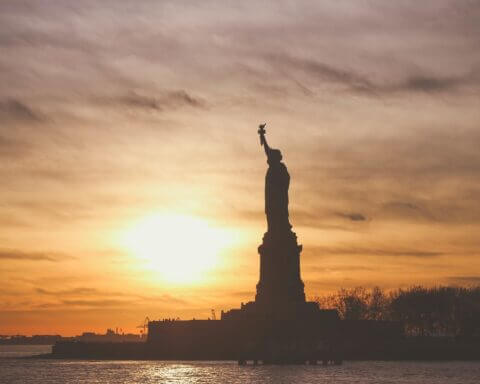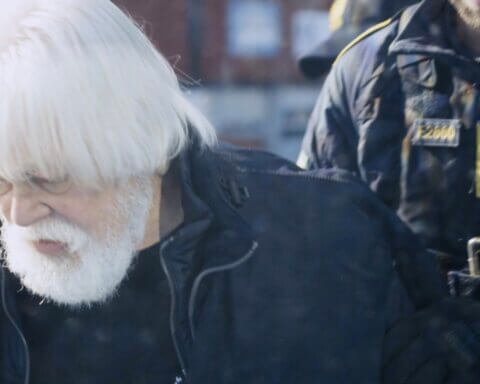BOSTON — Ahead of the Super Bowl, millions of people may see NFL players silently protest by taking a knee during the national anthem. President Trump has made his feelings on this topic clear, initiating a feud with athletes who choose to kneel.
Weeks ago, at a rally for now failed Alabama senatorial candidate (and possible super-villain) Luther Strange, Trump encouraged NFL owners to fire those ‘sons of bitches’ who decided to kneel during the national anthem. He unleashed a barrage of tweets further admonishing those players, 17 tweets in all, despite the White House’s insistence that Trump is focused on more pressing issues like the hurricane in Puerto Rico or the North Korea crisis.
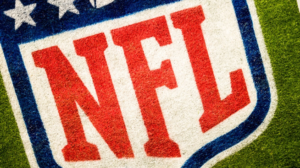
Nearly every NFL team responded with messages of unity and support for their players right to protest. The number of players protesting during the anthem rose from about a dozen in the second week to over 100 by the third. Three teams decided to skip the anthem all together.
Most people who are triggered by the players’ decision to protest during the anthem cite the lack of respect for the military, the ‘flag’, and the nation as the primary causes of their discontent. Videos surfaced on social media of fans burning players’ jerseys and season ticket holders tossing their tickets into campfires. Twitter was aflame with hashtags such as #boycottNFL and #standfortheanthem (which, we now know, were proliferated thanks to the help of Russian bots). Players and analysts voicing their support for the right to protest were met with the classic ‘stick to sports’ rhetoric from MAGA-trolls and conservative pundits alike.
Unfortunately, this backlash (or, perhaps more appropriately, whitelash) is neither surprising nor is it anything new. The voices of the right that claim disdain for protests aren’t racially motivated are totally missing the point of the protests. It’s not the flag or the anthem or what they might represent that they are protesting. The right is failing to see the big picture, blinded by these nationalistic ideas of the sanctity of the flag and what it represents to them.
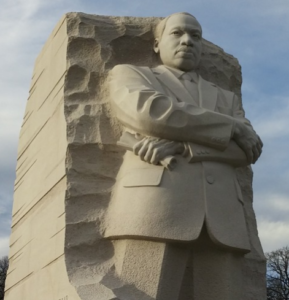
These players are protesting during the anthem to call attention to police brutality towards black men, and more generally, the institutional oppression of the black community. It has nothing to do with the flag or the anthem. Martin Luther King wasn’t protesting brunch during his sit-in campaigns during the Civil Rights movement. He was protesting segregation and by extension the racist Jim Crow laws of the south. Just like how Rosa Parks wasn’t protesting the Montgomery Transit System when she refused to give up her seat, or how Mahatma Ghandi wasn’t protesting food when he led hunger strikes in India during their push for independence from the British.
It’s also fascinating to me the level of mental gymnastics it must take for these folks to invoke the first amendment, when actual Nazis can protest a confederate statue removal toting tiki torches and AR-15s. Yet when a black man decides to exercise the very same right, all of the sudden he should be fired.
Among the arguments I’ve heard from these folks on the right, one of their favorite talking points is that players should be protesting on their own time. This is utter garbage and is completely ignorant to the entire point of the nonviolent protest.
A protest is not meant to be convenient. At its core, a protest is a disruption of daily life in order to call attention to something larger. It’s meant to be jarring. It’s meant to force you into confronting something that’s unpleasant or might make you uncomfortable. That’s why the outrage is so telling about the people who are getting mad about these protests.
Rather than making an effort to better understand and empathize with the root cause of the protests, they instead argue semantics. If you want to argue what’s acceptable behavior in regard to the flag, lets closer examine those semantic rules the conservatives seem to hold so dear.
If you are angry that players are somehow ‘disrespecting the flag’, perhaps you should read the United States Flag Code, which establishes advisory rules for the display and care of the flag. Among these guidelines are (§8. Respect for flag):
The flag should never be part of a costume or athletic uniform.
The flag should never be used for any advertising purpose.
The flag should never be displayed flat or horizontally.
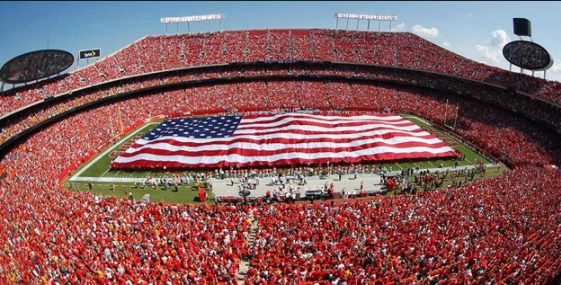
The flag should never have any mark or insignia placed on it or attached to it.
The flag should never be printed on something intended to be discarded.
There are also guidelines in place suggesting that during the anthem, military personnel salute and that civilians remove their hats and stand at attention. But it is just that, a mere suggestion. So if you really want to argue semantics, it’s true these players are not adhering to the suggested behavior during the anthem, but the whole idea of a protest is to disrupt the everyday, accepted norms, no matter how arbitrary they might be. And when it comes to the anthem, there are no guidelines whatsoever. So why is the national anthem played at major sporting events?
When you go into work every morning, do they play the national anthem? Does everyone at your job drop what they are doing, get out of their seats, and stand for the duration of the anthem? Of course not. That would be insane.
In the NFL, players didn’t even come out for the national anthem until 2009, when the DoD and National Guard paid the league millions of dollars as part of an effort to boost enlistment. It was simply a marketing campaign by the armed forces to inspire a feeling of patriotism and service, that they hoped would lead folks into enlisting. So if you actually care about these arbitrary rules, then you should be equally as outraged by the examples above, as you are about football players kneeling during the anthem. However, people are selectively outraged in order to further their own agenda. In this case, the agenda is to suppress players’ right to protest.
For the other slant on NFL protests, read more here.
Lyle Morrison is a writer from Boston and can be found
@RichardStash99 and at 69buttsmooch.com

